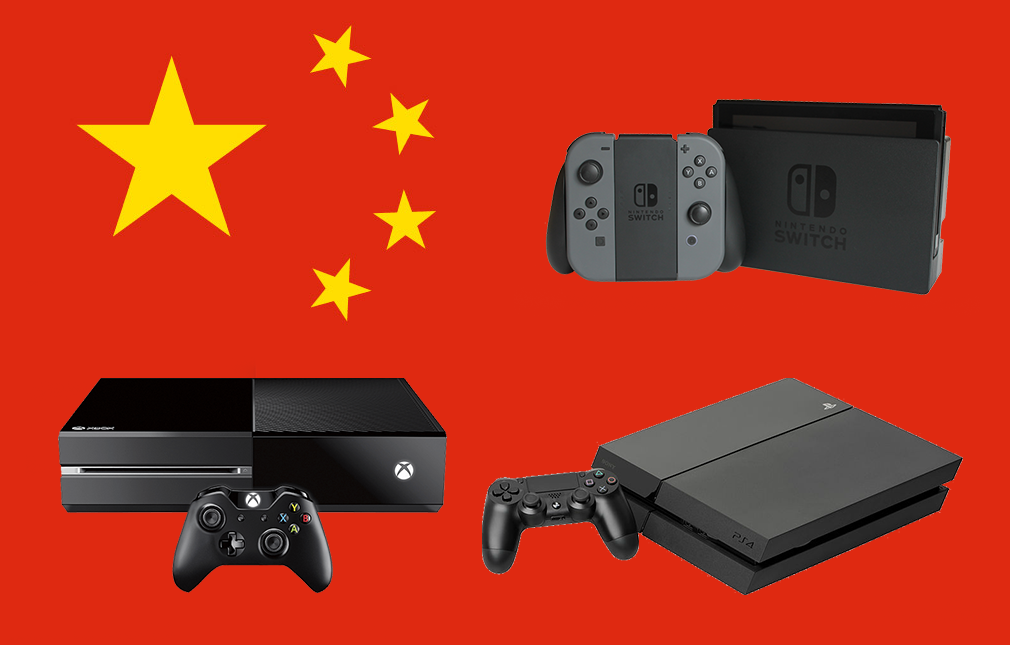In an attempt to catch up on the backlog of video game approvals since its stagnation last year, China’s State Administration of Press and Publication hasn’t accepted new submissions since February. The regulator has now opened these channels back up as of today, but publishers have a new set of guidelines to follow as the country imposes new limitations on media.
Rather than getting video games out the door in a timely manner, China is set to impose a new annual cap that will limit the amount of games flooding the local market. Furthermore, it will be restricting specific genres in an effort to continue cracking down on gambling, violence and political perception.
Mahjong and poker games have proven popular in the country, encompassing 3,167 of the total 8,561 games approved in 2017 according to Niko Partners. It’s easy to see why when the games require next to no budget and can be very easily monetised.
Now, the genre has come under fire as Chinese officials tackle the growing concern of illegal gambling, rejecting poker games entirely. This will sadly wipe out many smaller developers, but those already embedded in the market will be grandfathered as the changes currently only apply to new applicants.
Scaling back on violence, China will no longer accept games that show images of corpses or blood. Previously, games that altered the reddish colour of blood to an outlandish green would not be penalised by the system; however the new guidelines will no longer tolerate blood in any form. TechCrunch reports that Chinese game developers are “devising methods to circumvent requirements” but this could have a very real impact on competitive gameplay where blood spatter can indicate a hit.
Lastly, the regulator has targeted games that are set in or inspired by China’s imperial past, eschewing forms of ‘gongdou’ and ‘guandou’. The former puts the player in the role of harems, often attempting to win over the love of a Chinese official as high as the Emperor, while the latter is a palace-sanctioned competition. The country remains concerned that fictional and potentially indecent content could affect political perception.
KitGuru Says: This will be a particularly large blow to those that submitted a game last year but will now be rejected for not meeting newly implemented guidelines. Since larger companies such as Tencent and NetEase are still shedding billions of dollars in order to survive the lack of video game approvals, smaller developers have a slim chance in the current, uncertain climate.
 KitGuru KitGuru.net – Tech News | Hardware News | Hardware Reviews | IOS | Mobile | Gaming | Graphics Cards
KitGuru KitGuru.net – Tech News | Hardware News | Hardware Reviews | IOS | Mobile | Gaming | Graphics Cards



